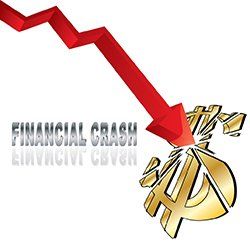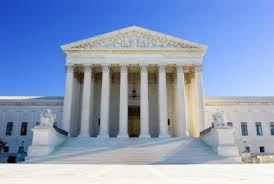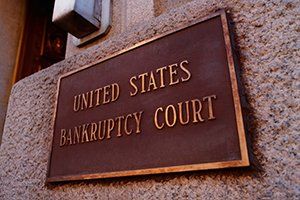Call Us: (970) 586-5566
- Mail: gregg@esteslawyer.net

Bankruptcy
Determining Whether Bankruptcy Is Right For You
Sometimes financial issues simply overtake our economic resources. When that happens, we are available to help you evaluate your options for debt settlement or relief in bankruptcy. We can assist and represent you
in any type of bankruptcy case and offer no cost initial consultations to help you understand what options may be available.
Helping You Achieve Financial Relief
The first question people often ask is whether they will lose everything if they file bankruptcy. The simple answer is no, there are a series of exemptions
applied in Bankruptcy Court that allow you to keep (within certain financial limitations) your home, your car, your household goods and personal affects. Retirement Savings and life insurance is usually exempt. In most cases, when I am speaking with someone considering bankruptcy, there are very few things that people have to give up if they seek relief in bankruptcy.
Estes Park Chapter 13 Attorney
Generally, the bankruptcy code is divided into four chapters. Two of those chapters deal with big business and family farming, leaving two chapters for most individuals to consider. Chapter 13 is commonly known as a payment plan bankruptcy. In Chapter 13, you make payments through the court system for 36 to 60 months, and those payments are utilized by the courts to make partial payments on your debts. People who have high income may be forced to consider Chapter 13. Otherwise, people who have too much property, have a need to cure a mortgage or other loan default, or are having issues with income tax or domestic support obligations, may find Chapter 13 to be the most favorable.


Chapter 7 Bankruptcy
Chapter 7 is a simple, streamlined and straight forward debt relief proceeding. It is ideal for those who have had catastrophic medical expense, or who have had financial circumstances lead them to unmanageable levels of general bills. In Chapter 7, we essentially show the court your assets
versus your liabilities, and your income versus your expense, demonstrating that neither your assets nor your income is adequate to pay your debts. A Chapter 7 case is processed and you receive a discharge from most all of your debts within a four month period of time.
Bankruptcy Law Made Easy
Tax liabilities may be dischargeable
under certain circumstances, or may be paid at a discount through Chapter 13. At the present time, student loans are not discharged in any form of bankruptcy.
Schedule Your Consultation
Contact us today
to learn more about our legal services regarding bankruptcy law
or to schedule your free initial consultation! We look forward to serving you.

Gregg H Coffman PC
ADDRESS
Gregg H Coffman PC
Content, including images, displayed on this website is protected by copyright laws. Downloading, republication, retransmission or reproduction of content on this website is strictly prohibited. Terms of Use
| Privacy Policy
